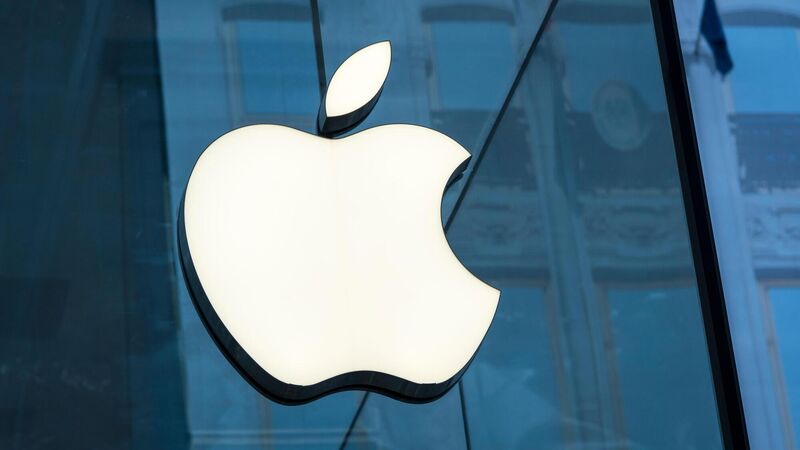Explainer: What today's court decision means for Apple and Ireland's €13bn tax case

The case is also likely to reignite the debate over Ireland's tax treatment of multinationals.
The European Court of Justice has ruled against tech giant Apple in its latest legal bid against a €13bn tax order the European Commission said it must pay to Ireland.
Finance Minister Jack Chambers will update Cabinet on Ireland’s next steps following the ruling.












